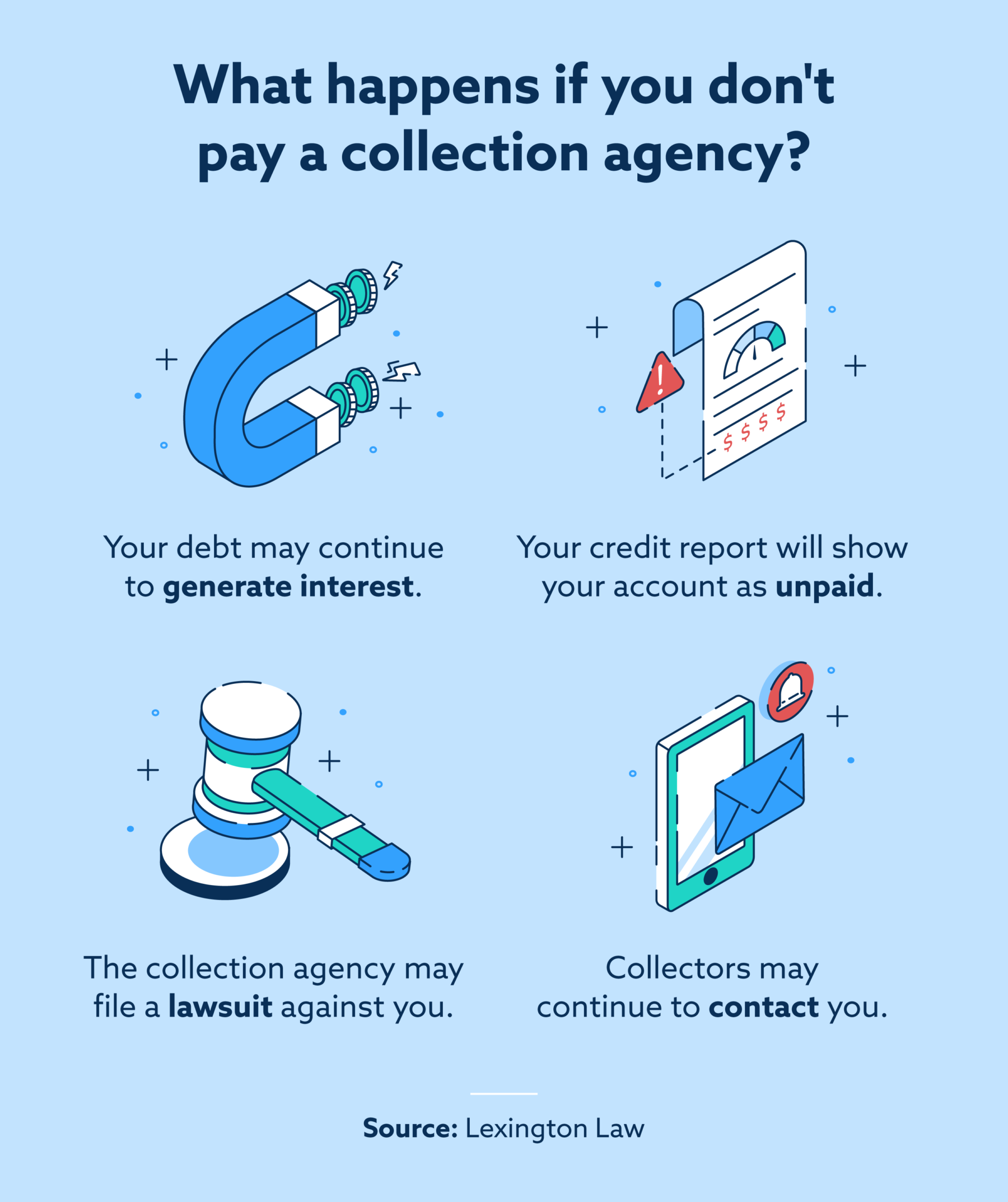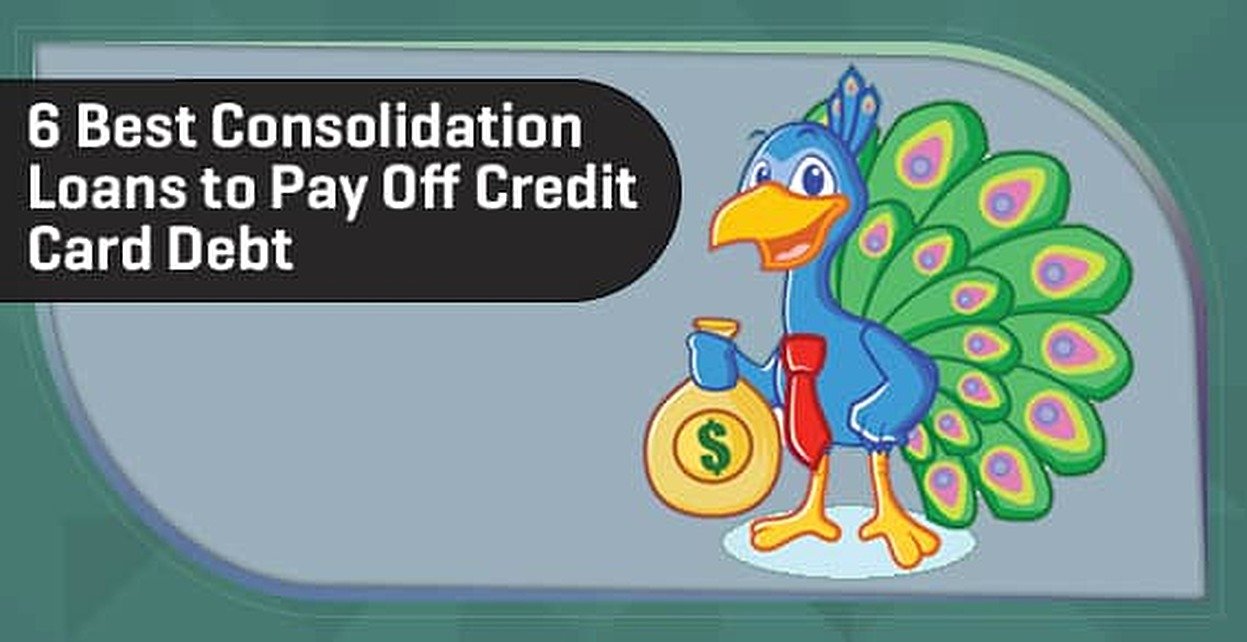
Credit card debt is a common problem during divorce. Credit card debt can have a negative impact on your credit score. It may also cause you to miss payment and you could be sued for any unpaid balances if you or your spouse fail to pay as ordered by the judge. You can protect yourself from harm during your divorce, and even after it is over.
Dan Berner is a senior attorney with Consumers Union. He says that it's crucial to understand your obligations and responsibilities when it comes credit cards and who pays what. In general, if you were jointly responsible for a credit card or loan during the marriage and you file for divorce, both of you will be responsible for paying off the account unless the court has determined otherwise.
Responsibilities related to debt incurred before the divorce may vary by state, but they usually stay with the person who racked up the bills or took out the loans. Included are student loans, car payment, and any other personal debts accumulated prior to the marriage.

In states with community property laws the debts incurred by both spouses during marriage are considered joint property. This applies to all debts incurred, even those incurred post-marriage, such as credit cards and student loans.
According to the National Foundation for Credit Counseling it is often easier to negotiate on shared credit cards than other debts. If you are unable to reach an agreement on the debt, it can be divided, or refinanced, using equity in jointly owned assets, such as your home or car.
You can close or transfer joint credit cards if your divorce has been finalized. Then, you can open new accounts in your own name. If you want to prevent your former spouse from being able to see your credit card purchases in the future, you'll need to act quickly.
It's a good idea to set a date after your divorce is finalized that you will stop making joint purchases. This will make sure that you do not have any additional debts. It will also keep your financial status as stable as possible.

You should contact any creditors or debt collectors you have outstanding accounts with as soon as possible to ask them to remove the name of your account. This doesn't necessarily mean that it's not your debt. However, it can prevent you from having to pay any additional charges in the event that the card's terms have been changed.
It's also a good idea, if you can't get the creditor to do this, to ask the debt collector or creditor to change the names on the joint credit cards so that they don't charge any additional charges. If you cannot get your creditor to change the name on your joint card, then ask your attorney to assist you in drafting a statement that you will no longer be responsible for debts.
FAQ
What is personal finances?
Personal finance is the art of managing your own finances to help you achieve your financial goals. It involves understanding where your money goes, knowing what you can afford, and balancing your needs against your wants.
You can become financially independent by mastering these skills. That means you no longer have to depend on anyone for financial support. You no longer have to worry about paying rent or utilities every month.
And learning how to manage your money doesn't just help you get ahead. It can make you happier. If you are happy with your finances, you will be less stressed and more likely to get promoted quickly.
What does personal finance matter to you? Everyone does! Personal finance is one the most sought-after topics on the Internet. According to Google Trends, searches for "personal finance" increased by 1,600% between 2004 and 2014.
Today, people use their smartphones to track budgets, compare prices, and build wealth. You can find blogs about investing here, as well as videos and podcasts about personal finance.
Bankrate.com reports that Americans spend four hours a days watching TV, listening, playing music, playing video games and surfing the web, as well as talking with their friends. That leaves only two hours a day to do everything else that matters.
Personal finance is something you can master.
What is the difference between passive and active income?
Passive income can be defined as a way to make passive income without any work. Active income is earned through hard work and effort.
When you make value for others, that is called active income. If you provide a service or product that someone is interested in, you can earn money. Examples include creating a website, selling products online and writing an ebook.
Passive income is great because you can focus on other important things while still earning money. Most people don't want to work for themselves. Therefore, they opt to earn passive income by putting their efforts and time into it.
The problem with passive income is that it doesn't last forever. If you are not quick enough to start generating passive income you could run out.
Also, you could burn out if passive income is not generated in a timely manner. You should start immediately. You will miss opportunities to maximize your earnings potential if you put off building passive income.
There are 3 types of passive income streams.
-
Business opportunities include opening a franchise, creating a blog or freelancer, as well as renting out property like real estate.
-
These investments include stocks and bonds as well as mutual funds and ETFs.
-
Real Estate includes flipping houses, purchasing land and renting properties.
How can a beginner make passive money?
Start with the basics, learn how to create value for yourself, and then find ways to make money from that value.
You might even have some ideas. If you do, great! If not, you should start to think about how you could add value to others and what you could do to make those thoughts a reality.
Finding a job that matches your interests and skills is the best way to make money online.
If you are passionate about creating apps and websites, you can find many opportunities to generate revenue while you're sleeping.
If you are more interested in writing, reviewing products might be a good option. Or if you're creative, you might consider designing logos or artwork for clients.
Whatever topic you choose to focus on, ensure that it's something you enjoy. It will be a long-lasting commitment.
Once you have found a product/service that you enjoy selling, you will need to find a way to make it monetizable.
You have two options. You can either charge a flat fee (like a freelancer) or you can charge per project (like an agent).
In both cases, once you have set your rates you need to make them known. This means sharing them on social media, emailing your list, posting flyers, etc.
Keep these three tips in your mind as you promote your business to increase your chances of success.
-
Market like a professional: Always act professional when you do anything in marketing. You never know who will review your content.
-
Know what your topic is before you discuss it. Fake experts are not appreciated.
-
Emailing everyone in your list is not spam. For a recommendation, email it to the person who asked.
-
Use an email service provider that is reliable and free - Yahoo Mail and Gmail both offer easy and free access.
-
Monitor your results. You can track who opens your messages, clicks links, or signs up for your mail lists.
-
How to measure ROI: Measure the number and conversions generated by each campaign.
-
Ask your family and friends for feedback.
-
You can try different tactics to find the best one.
-
Continue to learn - keep learning so that you remain relevant as a marketer.
How does rich people make passive income from their wealth?
If you're trying to create money online, there are two ways to go about it. Another way is to make great products (or service) that people love. This is called "earning” money.
Another way is to create value for others and not spend time creating products. This is what we call "passive" or passive income.
Let's suppose you have an app company. Your job involves developing apps. But instead of selling them directly to users, you decide to give them away for free. This is a great business model as you no longer depend on paying customers. Instead, your advertising revenue will be your main source.
You might charge your customers monthly fees to help you sustain yourself as you build your business.
This is the way that most internet entrepreneurs are able to make a living. They give value to others rather than making stuff.
Why is personal financial planning important?
Anyone who is serious about financial success must be able to manage their finances. In a world of tight money, we are often faced with difficult decisions about how much to spend.
Why should we save money when there are better things? Is there anything better to spend our energy and time on?
The answer is yes and no. Yes, as most people feel guilty about saving their money. Yes, but the more you make, the more you can invest.
You'll always be able justify spending your money wisely if you keep your eyes on the bigger picture.
It is important to learn how to control your emotions if you want to become financially successful. When you focus on the negative aspects of your situation, you won't have any positive thoughts to support you.
It is possible to have unrealistic expectations of how much you will accumulate. This could be because you don't know how your finances should be managed.
Once you've mastered these skills, you'll be ready to tackle the next step - learning how to budget.
Budgeting means putting aside a portion every month for future expenses. Planning will help you avoid unnecessary purchases and make sure you have enough money to pay your bills.
You now have the knowledge to efficiently allocate your resources and can start to see a brighter financial future.
How much debt is too much?
It's essential to keep in mind that there is such a thing as too much money. If you spend more than you earn, you'll eventually run out of cash because it takes time for savings to grow. When you run out of money, reduce your spending.
But how much do you consider too much? There is no universal number. However, the rule of thumb is that you should live within 10%. You won't run out of money even after years spent saving.
This means that if you make $10,000 yearly, you shouldn't spend more than $1,000 monthly. You should not spend more than $2,000 a month if you have $20,000 in annual income. You shouldn't spend more that $5,000 per month if your monthly income is $50,000
The key here is to pay off debts as quickly as possible. This applies to student loans, credit card bills, and car payments. Once those are paid off, you'll have extra money left over to save.
You should also consider whether you would like to invest any surplus income. If the stock market drops, your money could be lost if you put it towards bonds or stocks. However, if you put your money into a savings account you can expect to see interest compound over time.
Consider, for example: $100 per week is a savings goal. It would add up towards $500 over five-years. After six years, you would have $1,000 saved. In eight years you would have almost $3,000 saved in the bank. You'd have close to $13,000 saved by the time you hit ten years.
After fifteen years, your savings account will have $40,000 left. That's pretty impressive. You would earn interest if the same amount had been invested in the stock exchange during the same period. Instead of $40,000 you would now have $57,000.
You need to be able to manage your finances well. If you don't do this, you may end up spending far more than you originally planned.
Statistics
- While 39% of Americans say they feel anxious when making financial decisions, according to the survey, 30% feel confident and 17% excited, suggesting it is possible to feel good when navigating your finances. (nerdwallet.com)
- According to the company's website, people often earn $25 to $45 daily. (nerdwallet.com)
- Etsy boasted about 96 million active buyers and grossed over $13.5 billion in merchandise sales in 2021, according to data from Statista. (nerdwallet.com)
- Mortgage rates hit 7.08%, Freddie Mac says Most Popular (marketwatch.com)
- Shares of Six Flags Entertainment Corp. dove 4.7% in premarket trading Thursday, after the theme park operator reported third-quarter profit and r... (marketwatch.com)
External Links
How To
How to make money online
Today's methods of making money online are very different from those used ten years ago. How you invest your funds is changing as well. While there are many methods to generate passive income, most require significant upfront investment. Some methods are easier than other. There are a few things to consider before you invest your hard-earned money into any online business.
-
Find out what type of investor are you. PTC sites are a great way to quickly make money. You get paid to click ads. You might also consider affiliate marketing opportunities if your goal is to make long-term money.
-
Do your research. Research is essential before you make any commitment to any program. Look through past performance records, testimonials, reviews. You don't wish to waste your energy and time only to discover that the product doesn’t perform.
-
Start small. Do not jump into a large project. Instead, build something small first. This will let you gain experience and help you determine if this type of business suits you. When you feel confident, expand your efforts and take on bigger projects.
-
Get started now! You don't have to wait too long to start making money online. Even if your job has been full-time for many years, there is still plenty of time to create a portfolio of niche websites that are profitable. All that's required is a good idea as well as some commitment. Take action now!